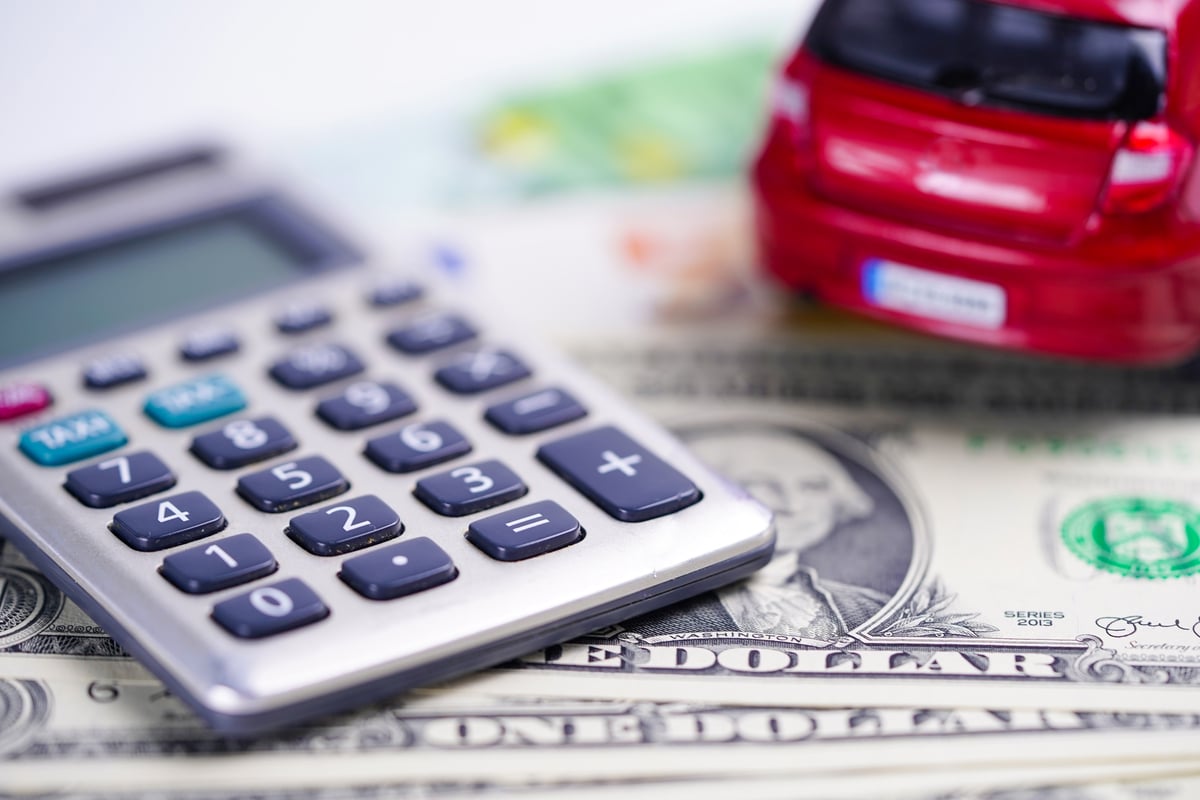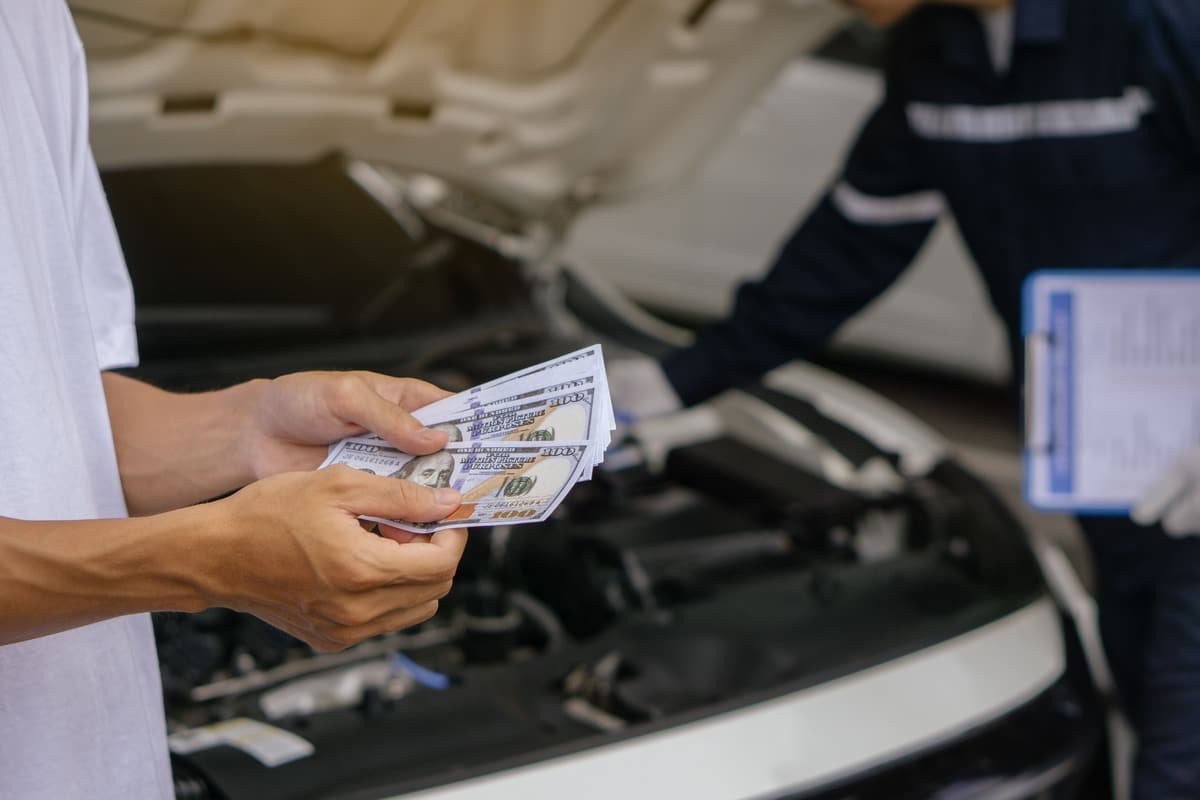Having a car means more than just the initial purchase. From ongoing fuel and insurance to regular maintenance and unexpected repairs, knowing all the costs is essential to financial planning and car management.
What is Car Costs?
Car costs also known as automobile costs are all the money you spend to own and use a car. This starts with buying the car, new or used. Finance means borrowing money to buy the car and you pay this back monthly.
Fuel is another big cost. You need gas to drive the car. Insurance is also required. It covers you if you have an accident.
Maintenance is regular servicing to keep the car running well. Repairs are when something breaks or wears out. Both cost money. Taxes and fees are the costs of owning and using a car. These can include registration fees and sales tax.
Depreciation is the decrease in the value of the car over time. This means your car will be worth less as it gets older.
Understanding all these costs helps you plan and budget better for owning a car.
References
- Car Costs. Wikipedia. Retrieved from https://en.wikipedia.org/wiki/Car_costs#
- What is the Real Cost of Owning a Car?. Groww. Retrieved from
What are the Fixed Car Costs?
Fixed car costs are the expenses you pay regularly, regardless of how much you drive. These costs are the same each month or year.
- Car Payment: If you borrowed money to buy your car, you’ll have to pay it back in monthly installments. This amount remains the same until you pay off the loan.
- Insurance: Insurance covers you in case of accidents or damage. You pay this fee monthly or annually. The cost is the same each time you pay.
- Registration Fees: These fees are paid to the state to keep your car registered. You pay these fees annually and the amount doesn’t change.
- Property Taxes: In some areas, you need to pay a yearly tax based on your car’s value. This is another fixed expense you need to budget for.
- Depreciation: While not a bill, depreciation is the decrease in your car’s value over time. This happens regardless, so you need to consider it when budgeting.
Knowing these fixed costs helps you manage your money better as they are stable and predictable.
References
- How Much Does a Car Cost?. LendingTree. Retrieved from
What are the Running Automobile Costs?
Running automobile costs are expenses that vary based on how much you use your car. These costs can go up or down depending on many factors.
- Fuel: You need gas to drive the car. The more you drive, the more gas you need. Fuel prices can also change so your costs may be higher or lower at different times. Keep track of fuel usage to manage this cost.
- Maintenance: Regular servicing keeps the car running well and prevents bigger problems. This includes oil changes, tire rotations, and brake checks. If you drive a lot, you need these services more often. Skipping maintenance can lead to more costly repairs later.
- Repairs: Sometimes parts of the car break or wear out. You need to fix these problems to keep the car safe and running well. This could be fixing the , replacing brakes or repairing the transmission. Repair costs can vary a lot depending on the problem.
- Tires: Tires wear out over time and need to be replaced. The more you drive, the faster this happens. Good tires are important for so you should budget for new tires every few years or as needed.
- Parking Fees: When you park in a city or a special lot, you often have to pay. These fees depend on where and how long you park. If you regularly park in paid areas, this cost can add up quickly.
- Tolls: Some roads, bridges, and tunnels charge money to use them. These are called tolls. If you take these routes often, the toll costs can add up. Using a toll pass can sometimes save you money on these charges.
Knowing these running costs helps you plan better for your car. You should budget for these expenses to avoid surprises and keep your car in good condition.
References
- Running costs. Wikipedia. Retrieved from

How to Save Costs on Automobile Ownerships?
You can save on car ownership with some smart habits. Here’s how:
- Drive Smart: Accelerate smoothly and don’t brake hard. Use on highways to save gas and reduce wear on your car and thus lower fuel and maintenance costs.
- Maintenance: Keep up with oil changes, tire rotations and brake checks. Maintenance prevents costly problems and keeps your car running well and saves you money in the long run.
- Shop for Insurance: Compare different insurance plans before you buy. Look for discounts for safe driving or bundling policies. This can save you a lot on overall insurance costs.
- Use Fuel Wisely: Plan your routes to avoid unnecessary trips. Check fuel prices at different stations and fill up where it’s cheaper. Smart fuel use saves you gas.
- Carpool: Share rides with friends or coworkers. Carpooling reduces fuel consumption and wear and tear on your car and saves you gas and maintenance.
- Check : Keep your tires inflated. Proper tire pressure improves gas mileage extends tire life and reduces fuel and replacement costs.
- Remove Weight: Remove unnecessary items from your car. Extra weight makes your car consume more fuel so keeping your car light helps you save gas.
Using these will help you manage and reduce car ownership costs. Try a few of these and you’ll see the difference.
References
- The True Cost of Car Ownership. Investopedia. Retrieved from https://www.investopedia.com/articles/pf/08/cost-car-ownership.asp


